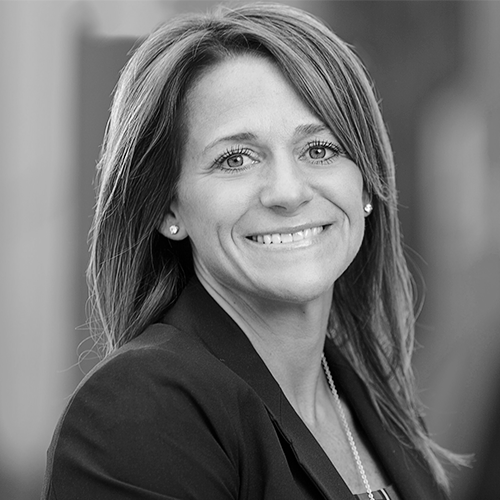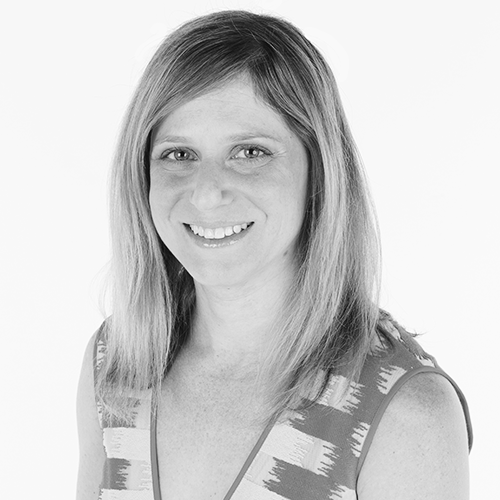Modern Counsel: How did you get your start at Centerbridge Partners?
Susanne Clark: Centerbridge Partners is an investment management firm that was formed in 2005 and now has roughly $25 billion in capital. I was brought on in 2009 to build an internal legal and compliance department from the ground up. Today, roughly twenty professionals cover the legal, compliance, closing, and human resources functions under my oversight.
MC: How did you approach that challenge?
SC: I have always believed in an approach that involves layering on new additional skills and disciplines once one has developed a core competency in others; it’s the way I have approached my own career and a mentoring message I share with others. I started out working in the New York office for Shearman & Sterling with a focus on capital markets. When I joined Goldman Sachs in the investment banking division, capital markets was just a slice of the overall investment banking function. Later, the move to support Goldman’s overall finance and corporate function was an eye-opener and another major learning curve, because the business of Goldman Sachs covers much more than investment banking. It was during that time that I became more aware of, and interested in, the investment management business. I left Goldman Sachs to join an investment management firm, having had only indirect exposure to that type of work but feeling an immense pull to go and try it. You can’t be afraid to try something new.
MC: How do you build a department that hadn’t existed in your firm before?
SC: It’s good to begin with a “look and listen” philosophy. I didn’t do any hiring until I got the lay of the land. I needed to understand the business and its imperatives, how the firm was organized, who its outside advisers were, and how we could continue to capitalize on their strengths. After that, it was very organic. Bit by bit, we added lawyers and other professionals who brought talents to the department. We created an integrated framework that combines our internal team and the additional leverage and expertise we receive from the law firms that partner with us.
MC: What sets the legal department apart from others in your industry?
SC: High ethics and high work standards. A singular focus on progress and consistent improvement that emphasizes creative, expansive thinking. A clear integration with the business that exists at a very personal level with our colleagues throughout the firm and with its clients and contacts.
Several times, the firm has introduced legal and compliance innovations that have been recognized by third parties as industry-leading, and these contribute positively to the business overall. That’s very satisfying for members of the team as they are growing in their capabilities—just as the firm does. We’ve managed to bring this group of people together and create an environment where they can succeed. They are really world-class. Six years ago, the department did not exist, and now we get feedback from professionals in and out of the industry about how we lead.
MC: Why is that?
SC: We strive to make the experience of those who deal with us something that is memorable to them in the most positive way. We try to conduct ourselves with efficiency, clarity, and a level of excellence and integrity that is undeniable for people to appreciate and want to repeat.
MC: What is your role, as general counsel, in promoting that mind-set?
SC: It sounds kind of trite, but to counsel. It’s not an accident that the title is “general counsel.” A big part of it is to be a counselor in the truest sense, which is way more than being a mere practitioner.
A counselor is someone who has a depth of knowledge and experience that produces highly adaptable wisdom. Someone who is called upon to bring judgment to a situation, to think with the needs of the business in mind, and to advise in that manner. And, obviously, the general part of it means you need to be wide-ranging in the number of disciplines you are capable of advising.
MC: How does a legal team develop a counselor mind-set?
SC: An exceptional in-house legal team has perceptual acuity—the ability to rapidly synthesize inputs to help colleagues make the best decisions quickly by making the most of the information that is practically available at the time. The ability to see what’s on the horizon, what’s next around the corner. To be a safe source of input to the business, you need to have that and exercise it regularly.
MC: How does your team add value?
SC: There’s a camper’s adage to “leave your campsite better than you found it,” and that is really true for in-house counsel. If there’s something we are involved in or that we are called upon to review, it’s our job to contribute. The imperative should be to look at the situation and offer ways to improve on it, providing useful tools or a better framework for the next time. Our most trusted outside counsel operate in the same manner.
MC: How do you lead your team?
SC: I’m tough but fair. I want people to be their best. I expect it of my team. I enjoy it from my colleagues. I think that when colleagues see that this is the way we approach our work, it raises the level of their work, too. Healthy habits like that rub off on others. We’re constantly raising the bar because that’s what people need—to work hard and have the pleasure of achieving something, which is when the work is the most satisfying.
MC: How do you keep turnover low on your team?
SC: You have to create an experience in which they feel motivated to stay and don’t feel like the grass is greener somewhere else. We have a team that is quite cohesive and whose members have been working together for a long time.
In light of that level of trust and collaboration, we can arrange for predictable time off for team members when they need it. If someone needs a consistently predictable block of time that is truly personal and uninterrupted by work, that can be a really significant part of job satisfaction.
Everybody talks about work-life balance, but there’s a difference between talking about it and facilitating it as a regular practice. We try to be very supportive and respectful of family and personal commitments.
MC: What is your go-to advice for in-house attorneys?
SC: Understand the reason why you are there. Create an atmosphere of transparency and mutual trust with the business. That includes getting into the weeds and really understanding the details of what other departments do. Surround yourself with exceptional internal and external talent and keep them well-informed so they understand how they can contribute. Appreciate that contribution and show it.
Also, aside from technical proficiency and practical knowledge, intuition and instincts matter. If something is technically correct but your radar is picking up signals, it’s critically important to tune in, listen carefully, and incorporate those signals into your advice.


